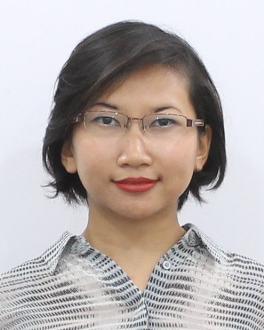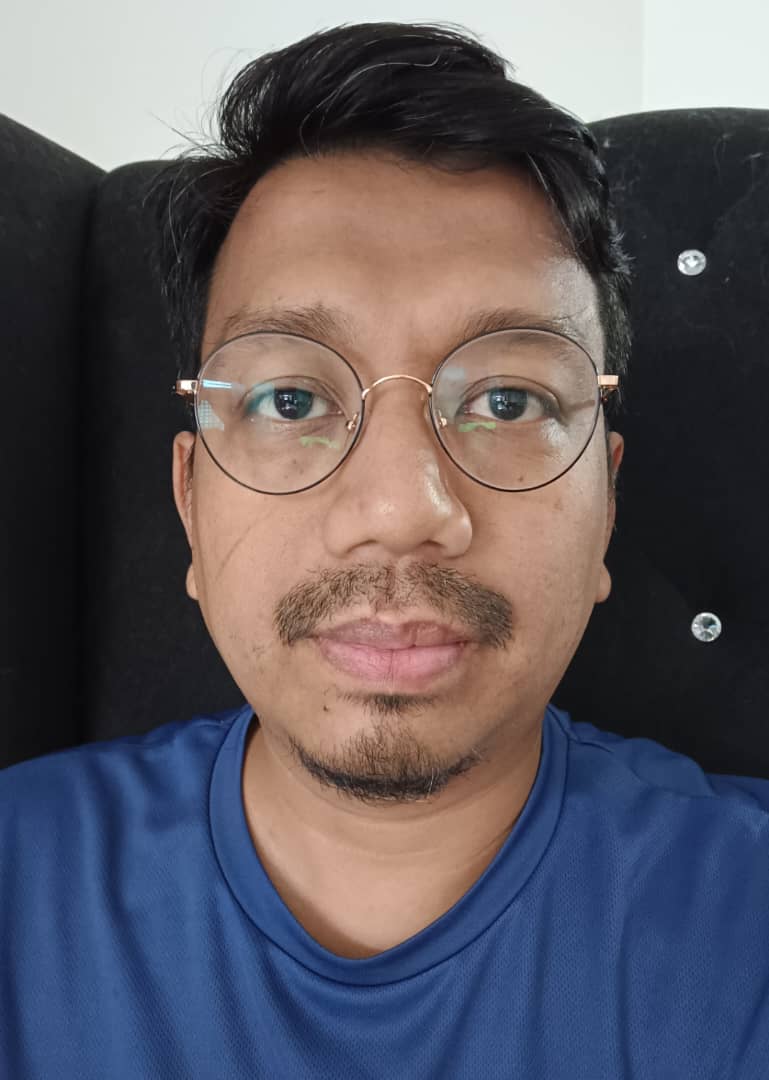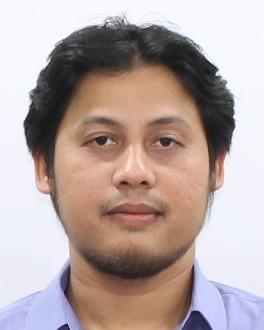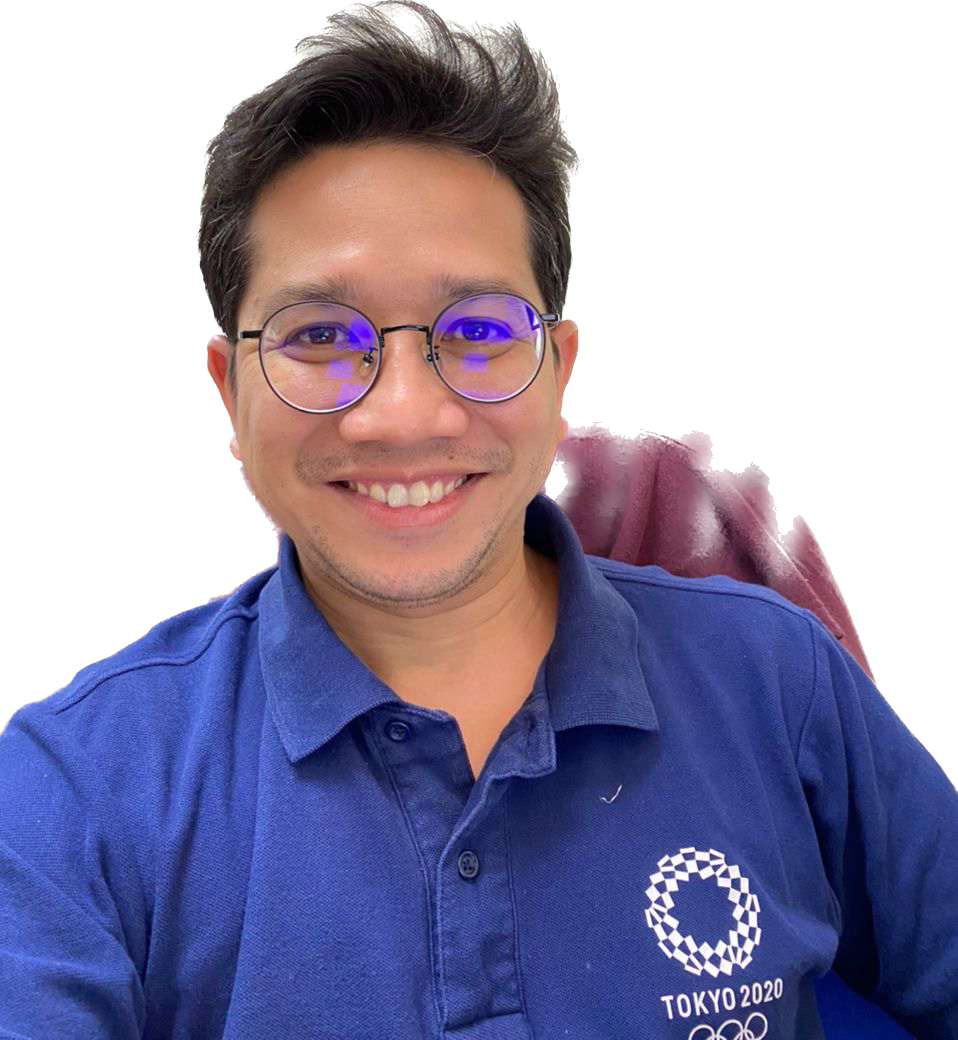Stem Cell Technology
Synopsis
This module covers the biology of stem cells and their biomedical applications, extracellular matrices, chemical approach, and the latest induced pluripotent stem cell development and differentiation. In this module, the students will be introduced to quality control for stem cell processing and the legal regulation behind its applications in treatment. The students will have the opportunity to listen to issues related to stem cells from the perspective of related industry players and related regulatory agencies. The module will be delivered as blended learning, where the theoretical components will be taught online as a core module, while the practical sessions will be delivered face-to-face as a separate module (elective module). Students are encouraged to attend both modules to fulfill the course learning outcomes. For the elective module, additional costs may apply. The certificate will be issued according to the enrolment plan.
Objective
Learning Outcome
At the end of the module, the participants will be able to:
understand and differentiate types of stem cells, their potential, and biomedical applications, especially for disease treatment and organ replacement
understand the various tools and protocols in stem cell technology, particularly in areas of cell therapy, chemical approach, extracellular matrices, cellular reprogramming to induce pluripotency, bio-imaging, and image analysis.



